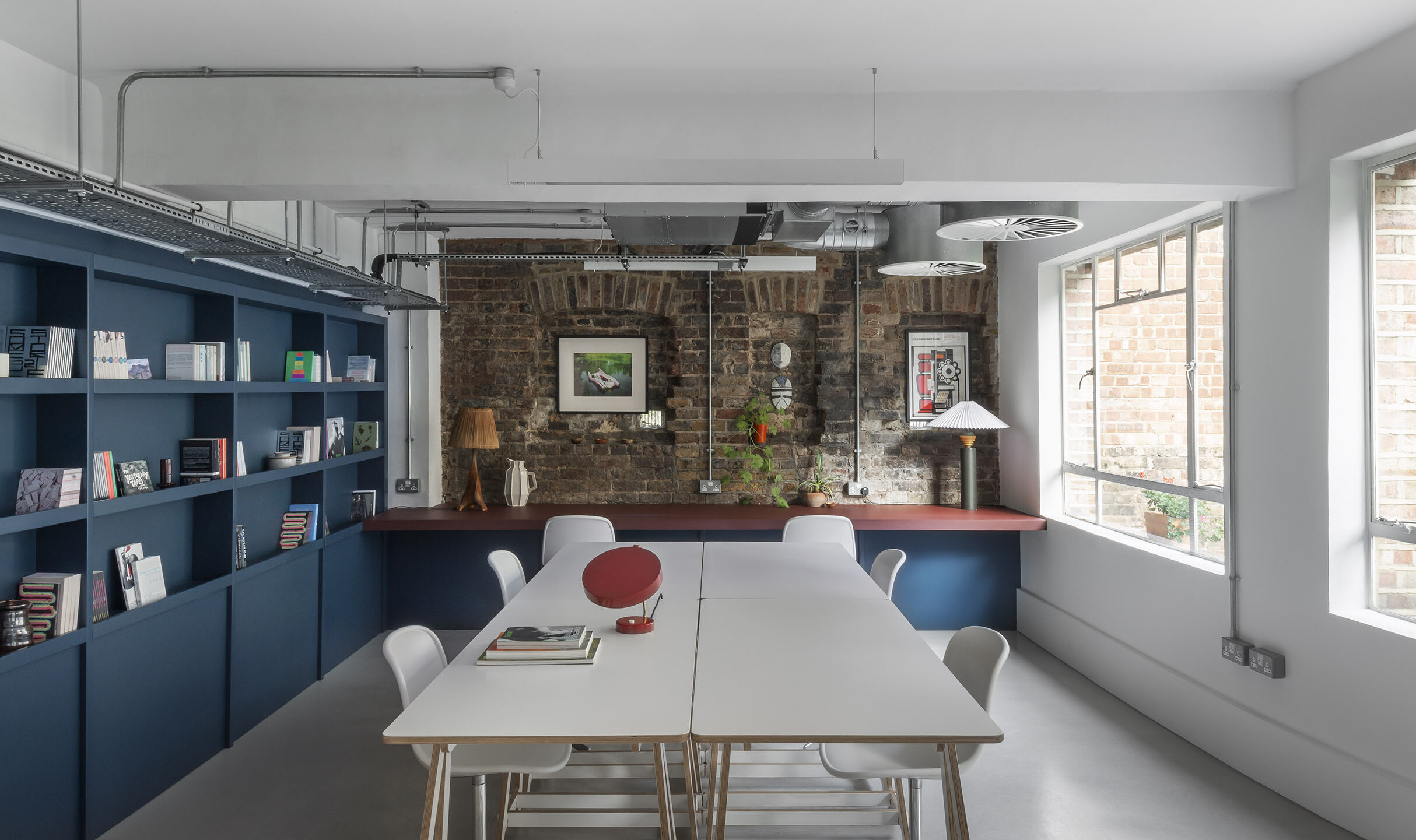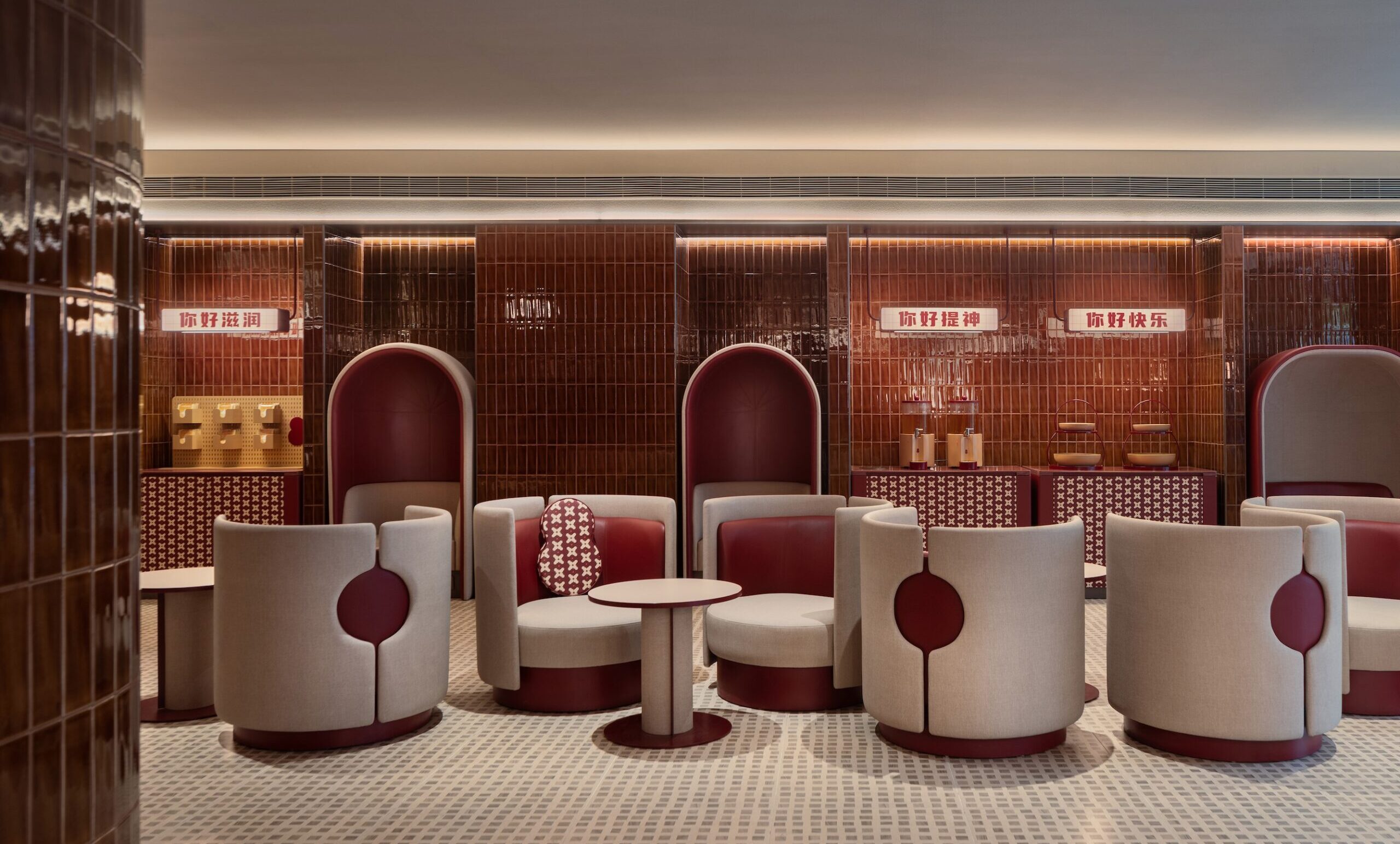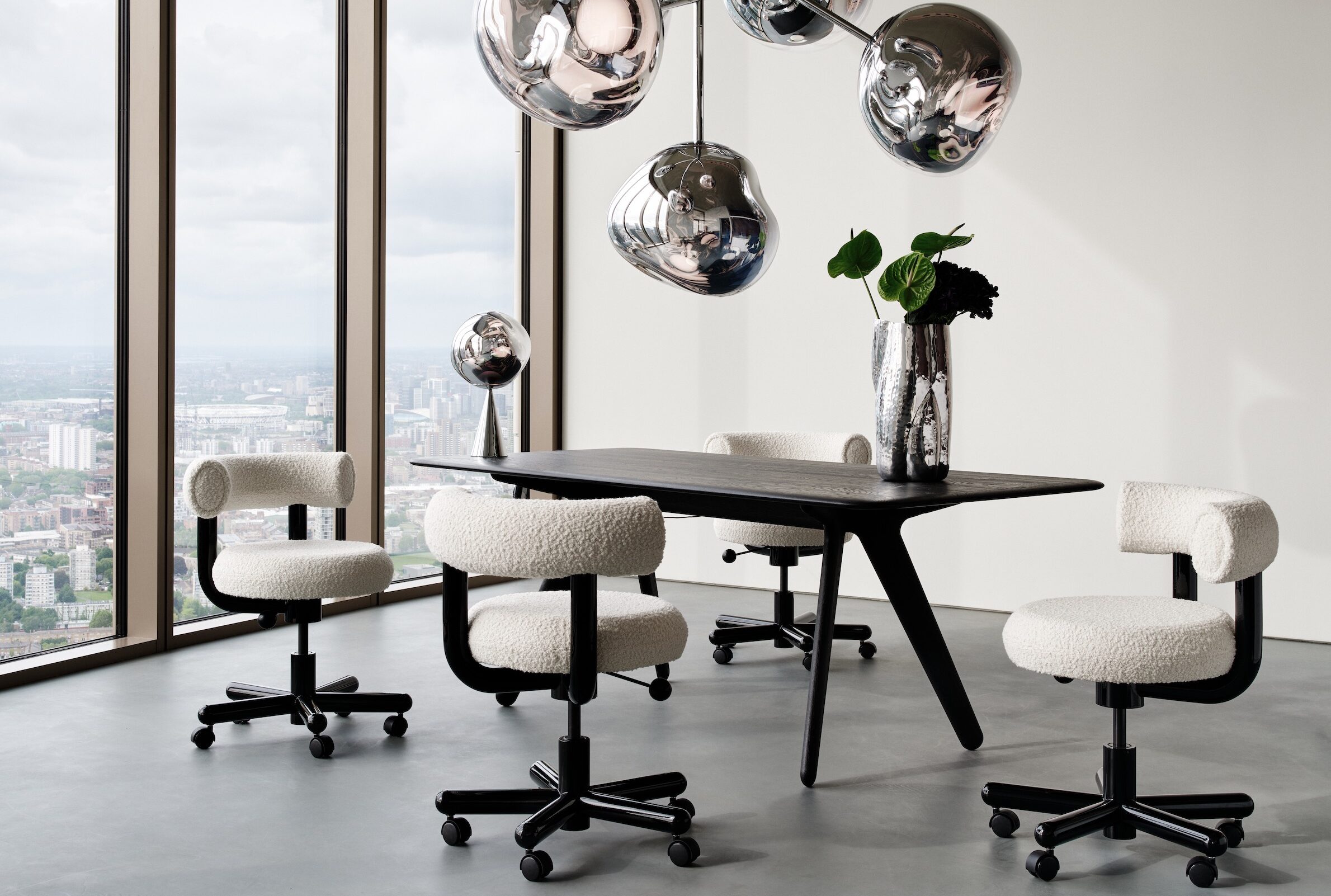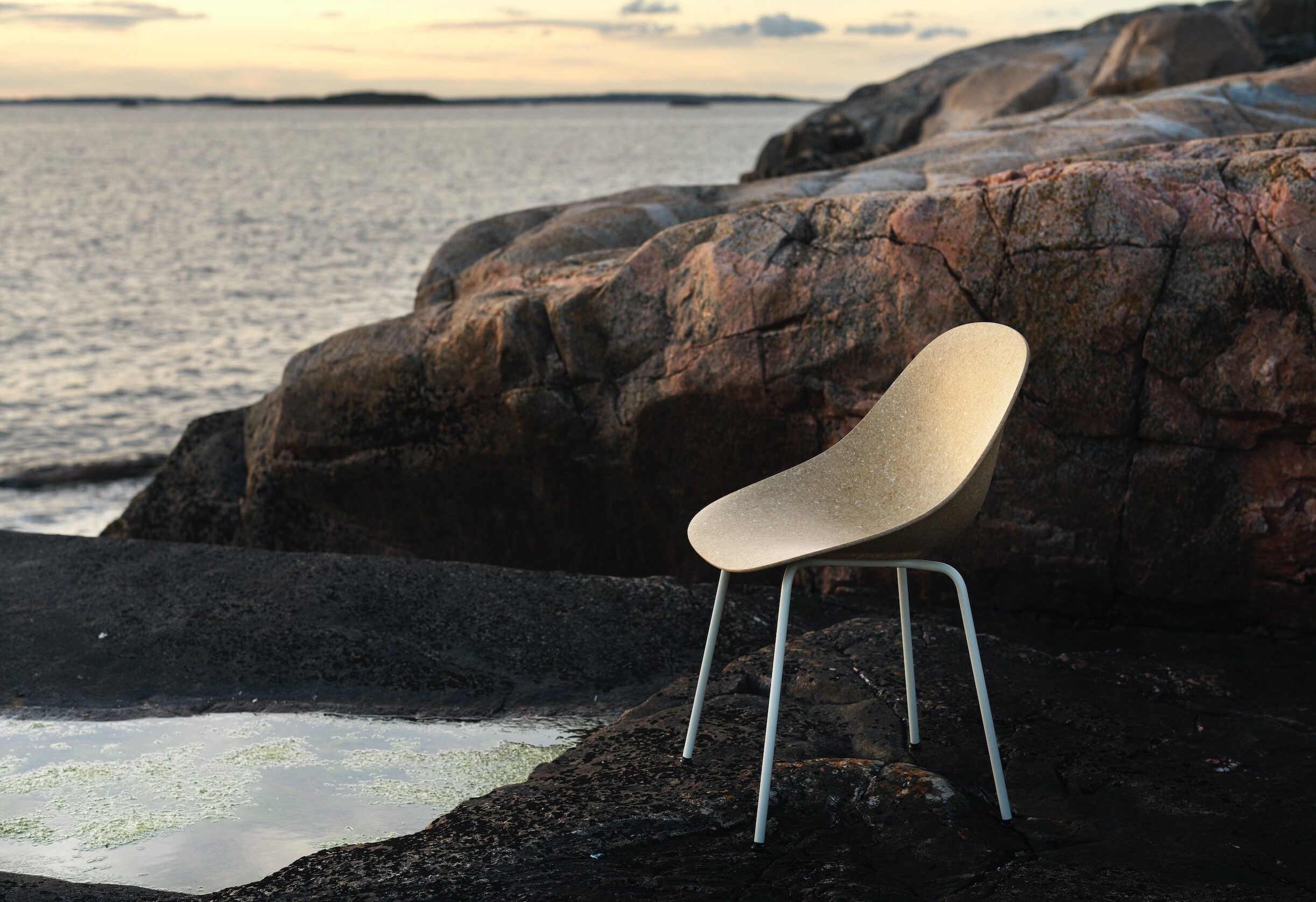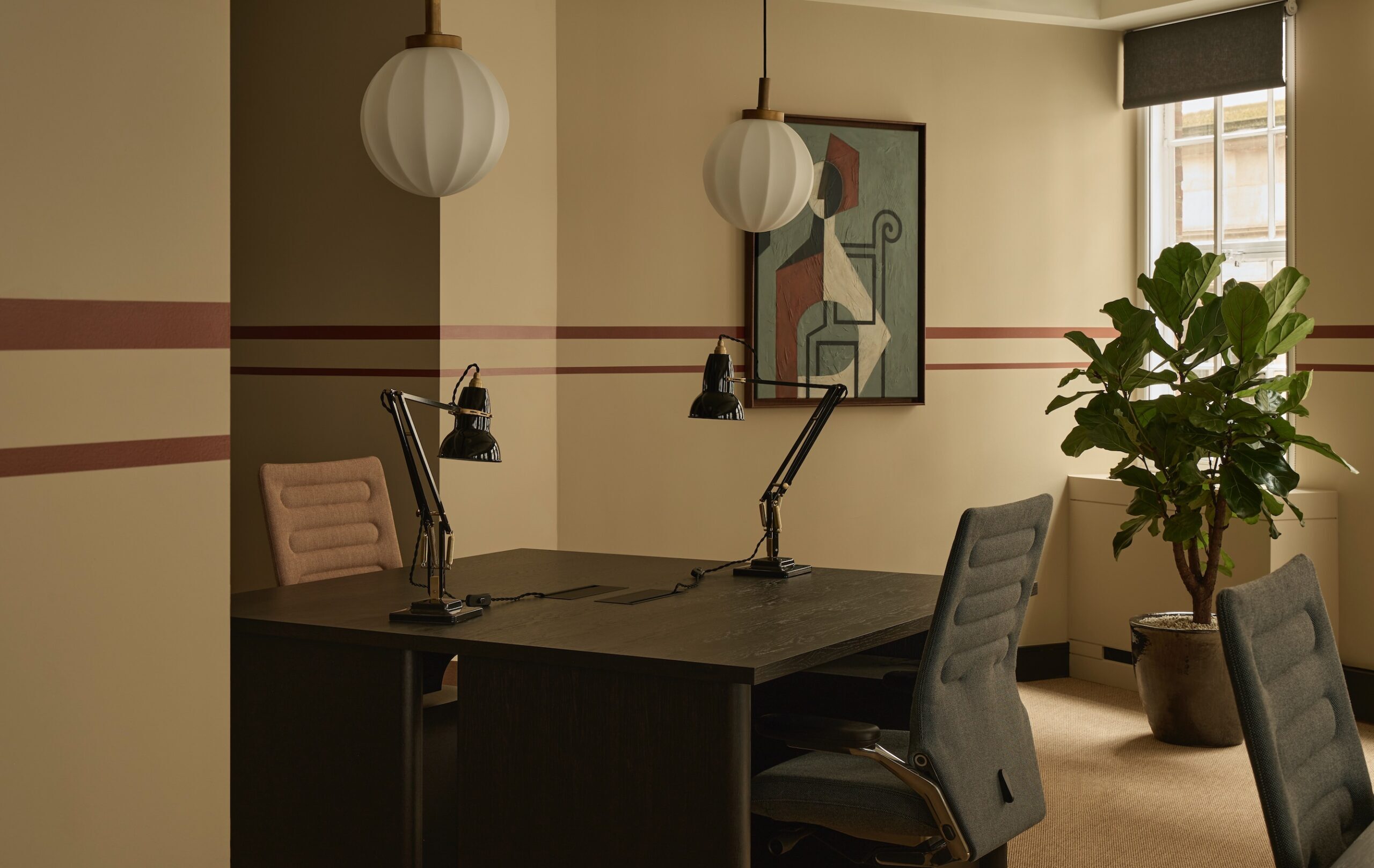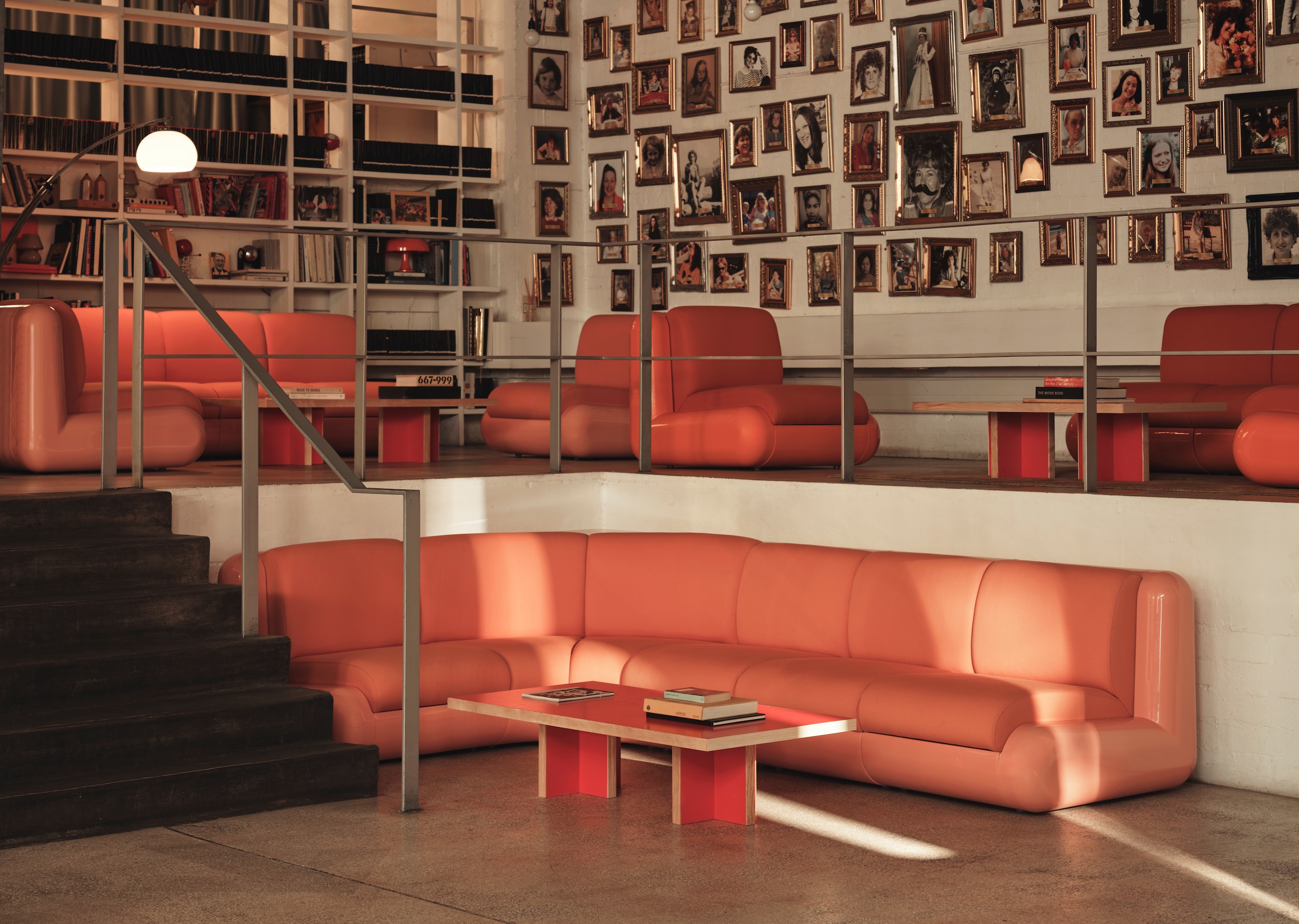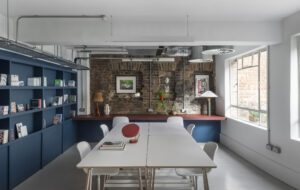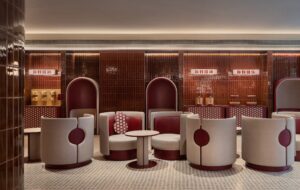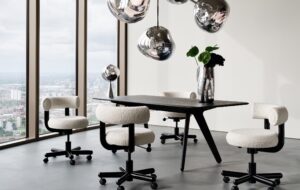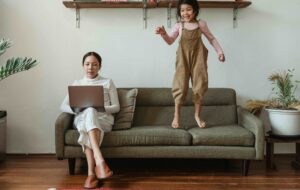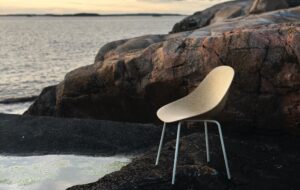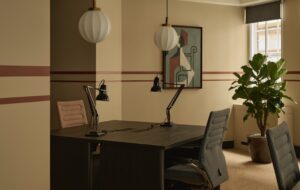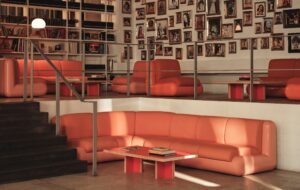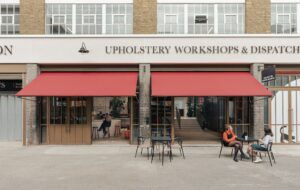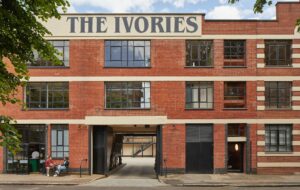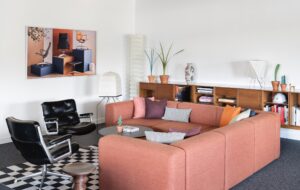
The trio have collaborated to design a new and healthier way of working
The Covid-19 pandemic has upended daily life as we know it and reshaped the way we shop, work and travel. While most sectors will bounce back in one way or another, might it spell the end of the office as we know it? We think it will.
While it certainly won’t be the end of the office as companies like Twitter would have us believe, there is a huge opportunity to rethink what we require and design our offices differently. To discuss this, furniture company Another Country invited architect Mowat & Co and wellbeing consultant Ekkist to reflect on the challenges facing us and propose solutions for designing the post-pandemic office.
One key dynamic will be the push towards ‘healthier’ workplaces – spaces that are designed to not only create safe places that enhance health and wellbeing, but people’s productivity and enjoyment of work too. We know that natural materials calm us, that better sound insulation improves concentration levels, and that access to plants and nature has a restorative effect.
Read more: Vitra rethinks the future of workplace design at its new London hub
According to Toke Nygaard, chief creative officer with customer service software firm Zendesk, these were key considerations behind the tech company’s recent office redevelopment. Key areas of focus will include: improving air quality through better ventilation and/or, where possible, allowing windows to open; bringing nature into the office and maximising the amount of natural light; designing intelligent lighting and sound-absorbing solutions alongside increased automation to reduce contact with surfaces, and enhancing physical wellbeing by encouraging people to move around the office more.
Our ideal workplace will be a place in which to create, focus, meet, learn, share, be inspired and feel good. A space that has well-designed furniture (made of natural and sustainable materials such as copper and wood, for instance, which are effective at killing off germs and preventing bacteria from spreading), that has ample natural light and plants, dynamic spaces, a great canteen and a well-stocked library.
Well-balanced and considerate lighting design in offices can be a major factor in the health and happiness of our colleagues too. There is evidence that the lack of natural sunlight can result in conditions such as seasonal affective disorder (SAD). Natural light shouldn’t be something employees have to go hunting for in their lunch break, but a crucial ingredient to a healthy workplace, as much as living plants.
Read more: USM introduces A New World of Plants to its timeless collection
These help to improve indoor air quality by replacing carbon dioxide with oxygen, which is vital for healthy brain function. However, they also transpire through their leaves, which makes the air more humid and combats the dry air produced by central heating in the winter and air conditioning in the summer. Additionally, plants absorb excess VOCs that are emitted by electronics, finishes (paints and carpets) and furniture.
Besides design, a second area of change will be the way we work. As Nick Read, the chief executive of Vodafone, recently wrote, the future of the office will be defined by flexibility, productivity and creativity rather than location. More of us will work from home at least part of the time and this will have a knock-on effect on the size of offices, the nature of our transport network and the segment of retail that depends on weekday traffic.
It will require more attention being paid to office zoning (i.e., mixing areas for full-time and part-time employees), the nature of the commute and the transition from home to the office, as well as how to personalise one’s daily work space.
Read more: Padova-based firm Floora turns office floors into green spaces
While there are many benefits of an active commute – from improving fitness to relieving stress at the end of a busy day – future workplaces will need to adopt employee-centric policies and provide suitable storage for bikes, personal equipment and a change of clothes along with showers and changing facilities. Furthermore, allowing flexible working hours based less on screen time and more on each person’s productivity will be crucial, as well as thinking about who pays for employees’ work-from-home setups and who dictates corporate etiquette, dress code and branding for those working from home.
Overall, we think the workplace will become somewhere that is part of our working environment but not its entirety. It will support us when we need to meet, collaborate or undertake creative or challenging tasks that benefit from a group dynamic, but it will – and should – also remain an important part of our social lives, provide younger professionals with on-the-job training and mentoring support, and allow us to escape our domestic world.
A company is only as good as its employees. If staff feel valued and provided for in the workplace, they are more likely to succeed at their tasks and ultimately increase the productivity of the business. We have a lifetime opportunity to rethink and renew, to design healthier, more sustainable and more productive workplaces for the benefit of us all. Let’s get to work!
Illustration by Ruby Fresson
As featured in OnOffice 154, Spring 2021. Read the issue for free here

